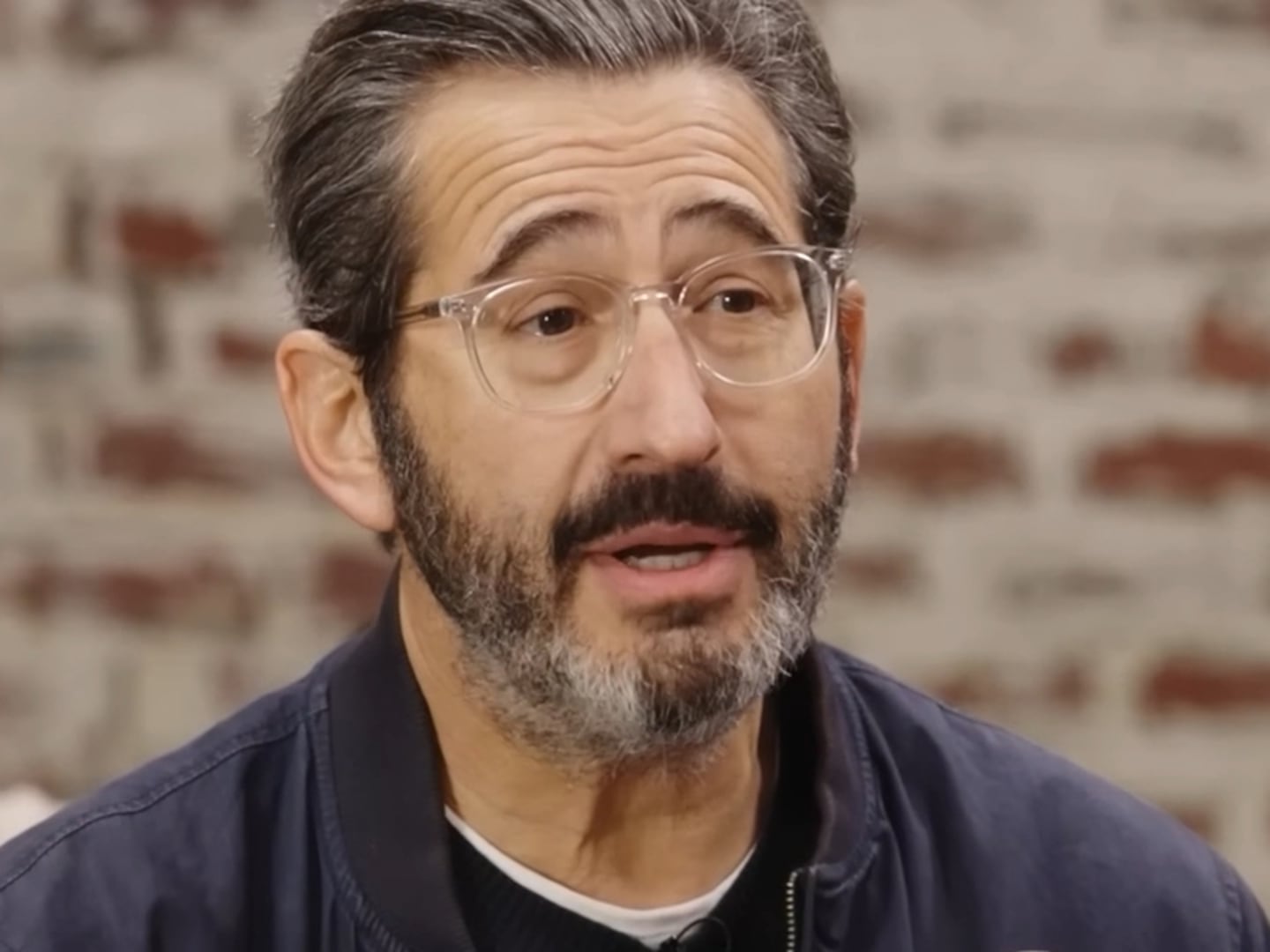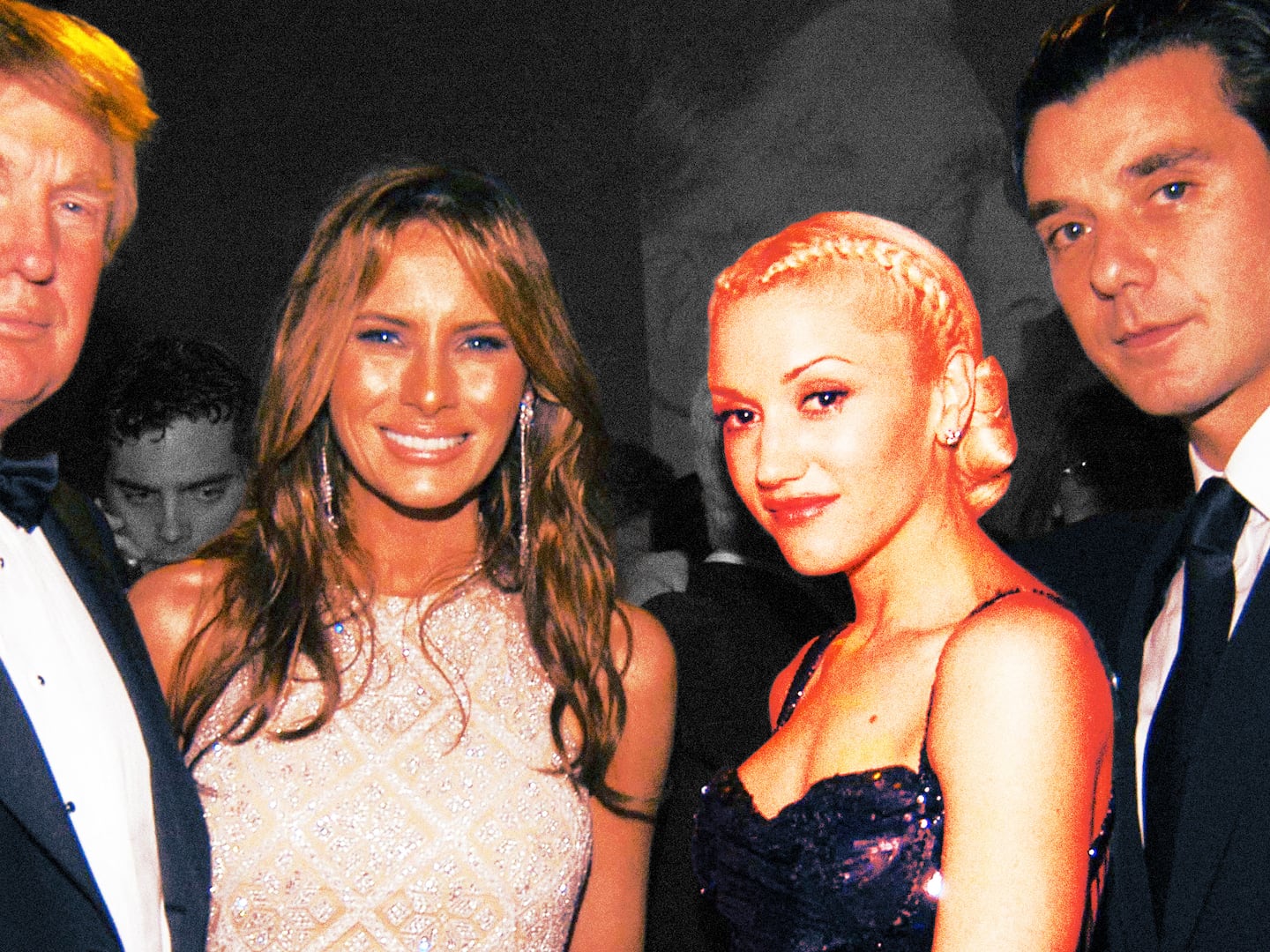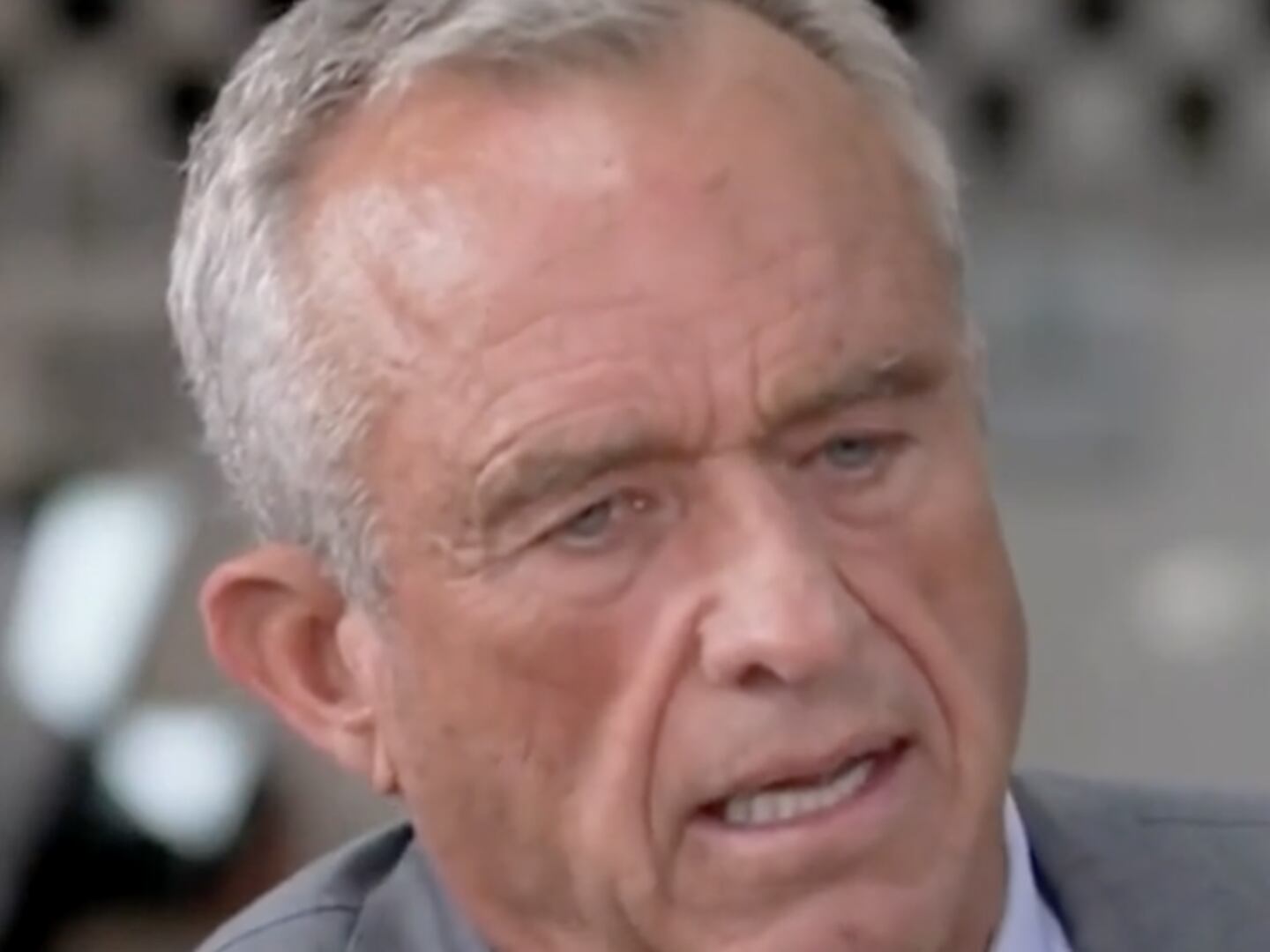Music
Photo Illustration by Thomas Levinson/The Daily Beast/Getty
I Faced Down Taylor Swift’s Legal Wrath—And Won
TORTURED BLOGGERS DEPT
Taylor’s legal goons tried (and failed) to take down a blog post I wrote about her. The backlash was more embarrassing for her than me.
opinion

Trending Now




